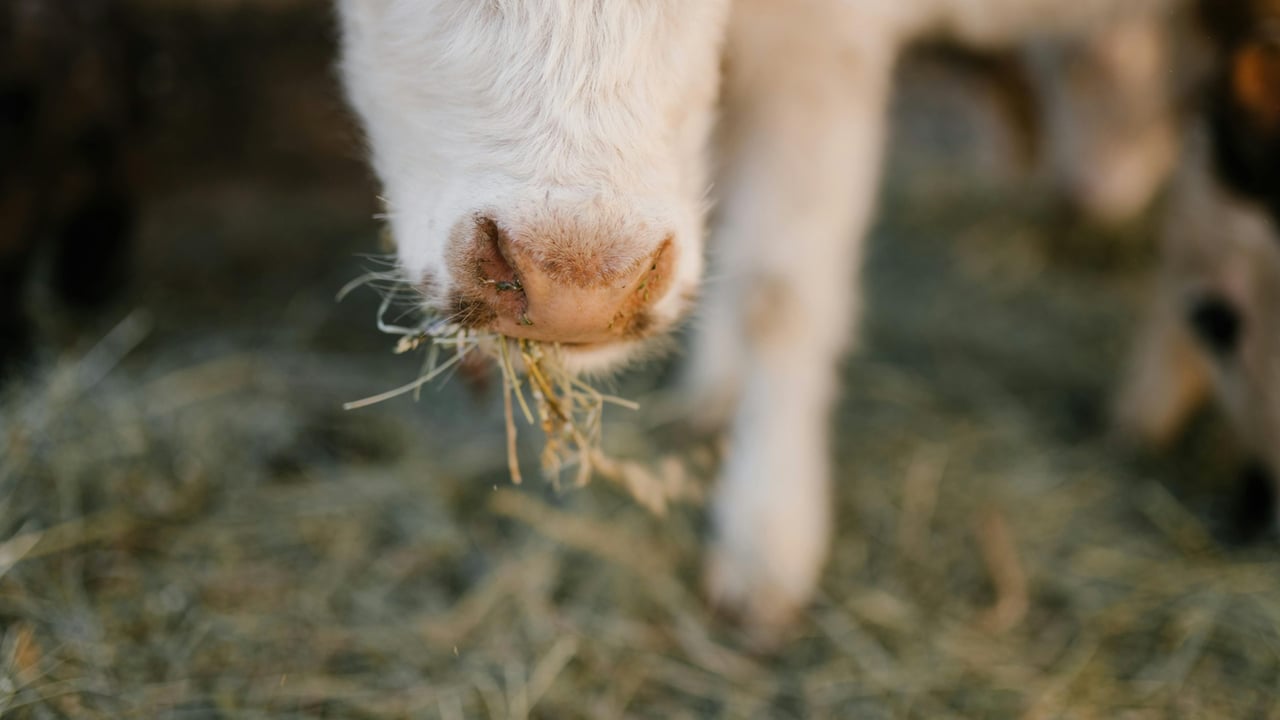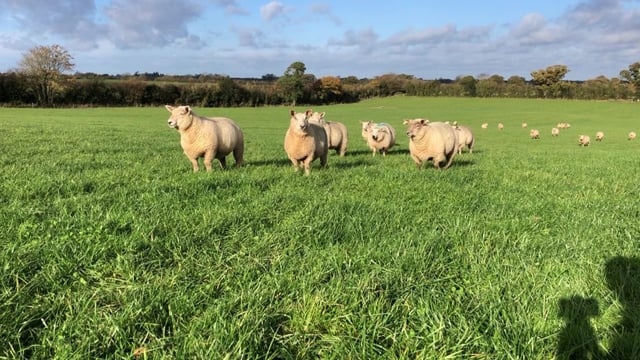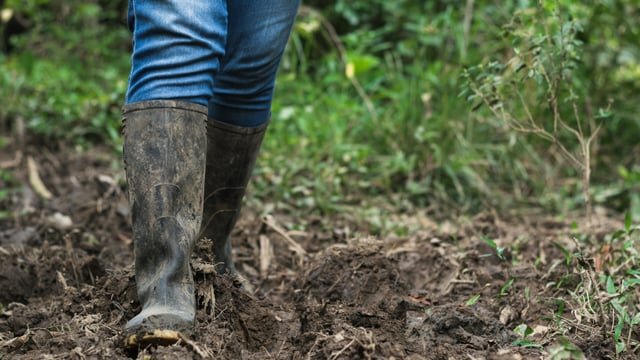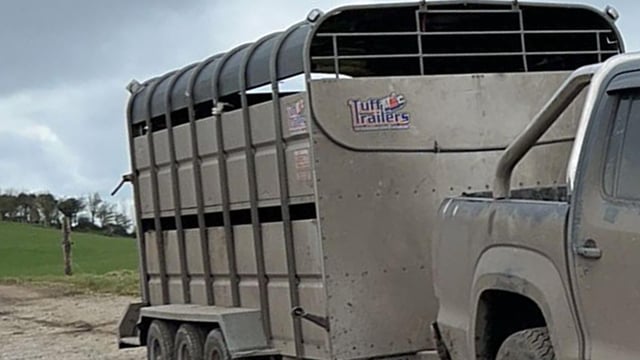DAFM updates farmers on Bluetongue outbreak concerns
The Department of Agriculture, Food and the Marine (DAFM) has provided an update as significant farmer concerns remain in relation to the higher risk to Ireland of an incursion of Bluetongue.
Responding to a query from Agriland on Monday, June 30, a spokesperson for the Department of Agriculture, Food and the Marine (DAFM) said: "Ireland is free from Bluetongue and has never had an outbreak of the disease.
"The department does not comment on whether or not suspected cases are under investigation.
"The department does receive reports of suspect cases from time to time and investigates these; so far, all have been negative."
The statement from DAFM recognised and praised the actions of farmers and vets who have reported suspected cases of Bluetongue saying: "Early detection would be key to effectively tackling any incursion".
Earlier this month, a spokesperson from DAFM told Agriland: "There is now a higher risk to Ireland of an incursion of Bluetongue. This is due to the hotter summer temperatures and to the spread of the disease across England.
"Infected midges may be blown across the Irish sea from England or from northern France. For this reason, it is important that farmers and vets report any suspected cases of Bluetongue to the department, so that any local outbreak can be tackled rapidly before the virus has a chance to spread more widely."
DAFM has affirmed that it is "continuing to prepare for a potential bluetongue outbreak through contingency planning, simulation exercises, engagement with counterparts in Northern Ireland and communication with stakeholders".
What is Bluetongue?
Bluetongue is a notifiable exotic viral disease caused by bluetongue virus (BTV) which can cause severe clinical signs in ruminant species and camelids.
As BTV is a notifiable disease, any suspect case of bluetongue must be reported to the DAFM without delay. Farmers, veterinary practitioners and other relevant stakeholders should remain vigilant for it.
Ireland is currently free from the disease, however remains at risk of introduction, as it is present across Europe.
According to DAFM, an outbreak in Ireland would have serious implications for the Irish agri-industry bluetongue can result in very severe on-farm impacts (serious illness and death), resulting in animal welfare concerns and economic impacts on the livestock sector.
There are different serotypes (variations within the species) of the virus (BTV).
There are no public health risks associated with bluetongue and it does not affect human health or food safety.











